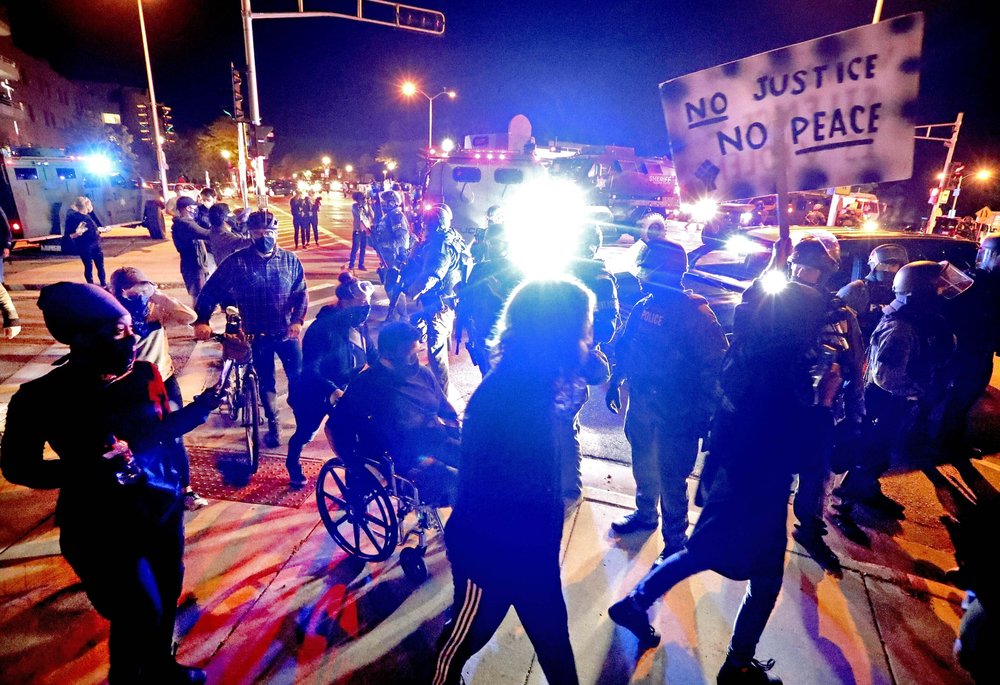Egypt’s soon-to-be-released Anti-Terrorism Law will contain more restrictions on security forces acting under the existing Emergency Law, said Nabil Helmi, chairman of the National Democratic Party’s Commission on Human Rights and member of the National Human Rights Council.
Helmi, speaking at the symposium “Drawbacks of the Amended Emergency Law” on Tuesday, said he expects criticism of the new bill, just as there is criticism of the current Emergency Law.
Helmi said a new law on terror has not yet replaced the Emergency Law, despite being a central plank of President Hosni Mubarak’s election platform, because of the poor security situation in neighboring states which threatens to spill over into Egypt.
He said the amended Emergency Law can only be applied to cases of drug dealing and terrorism, adding that security forces have recently foiled a large number of terrorist plots–although such achievements must be kept under wraps in order to protect the Egyptian economy.
Before the Emergency Law was amended recently, any person could be arrested without charge, said Helmi, referring to arrests made during the last parliamentary and presidential elections. Now, however, such arrests may not be carried out, he claimed.
Helmi acknowledged that many police officers are not qualified to work outside the framework provided by the existing Emergency Law, a fact which is highlighted by prison sentences imposed on a number of officers for violations of protocol. Excesses that have happened while enforcing the Emergency Law must separated from the law itself, he stressed.
Asked whether the Emergency Law is “legal,” Helmi replied that the answer depends on how the law is interpreted–the problem being that there has yet to be any case filed questioning the law’s legality.
Helmi emphasized that human rights violations are not just the domain of the Interior Ministry, and the National Human Rights Council also receives complaints about a number of other government ministries and agencies.
Translated from the Arabic Edition.




